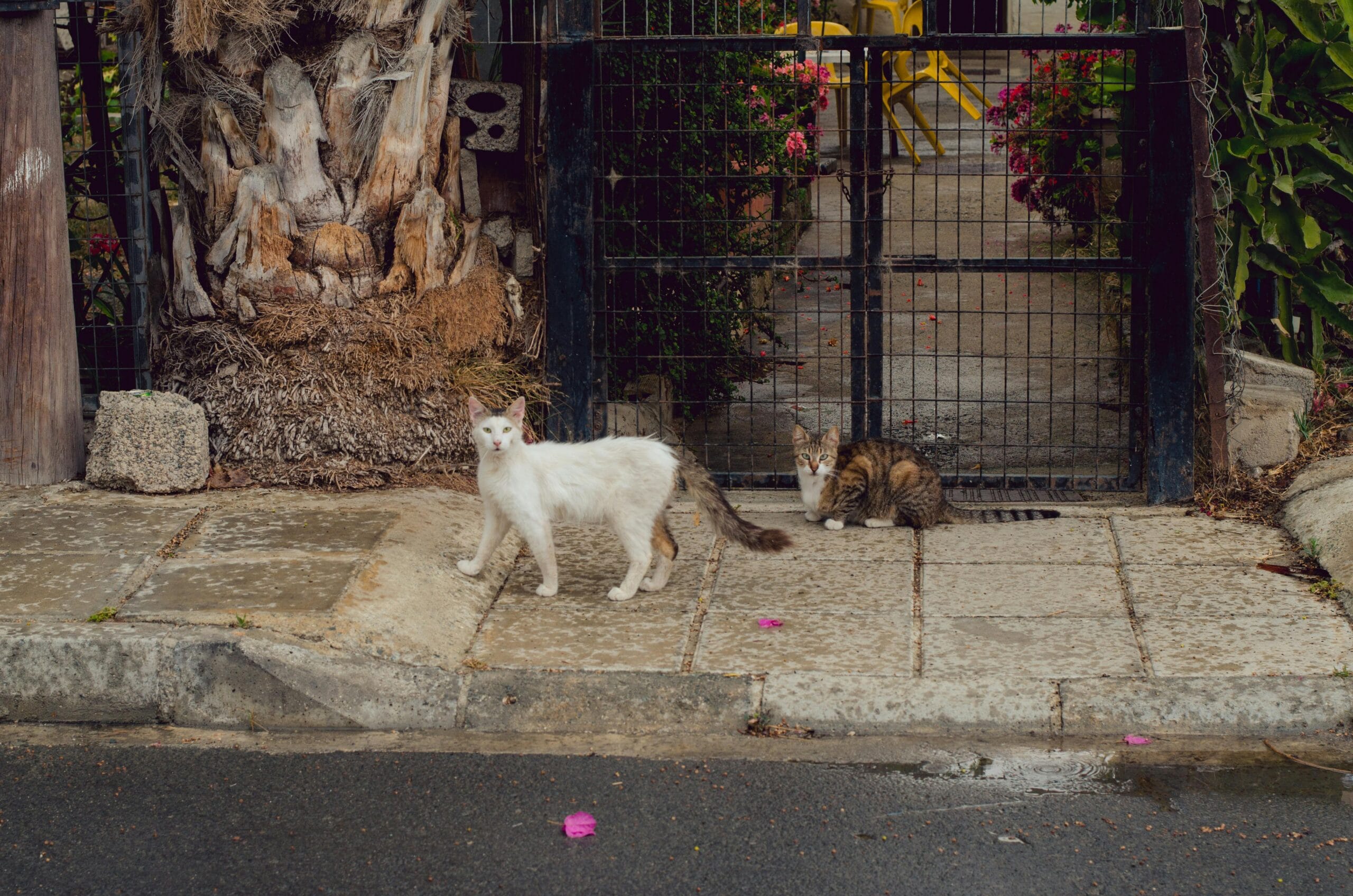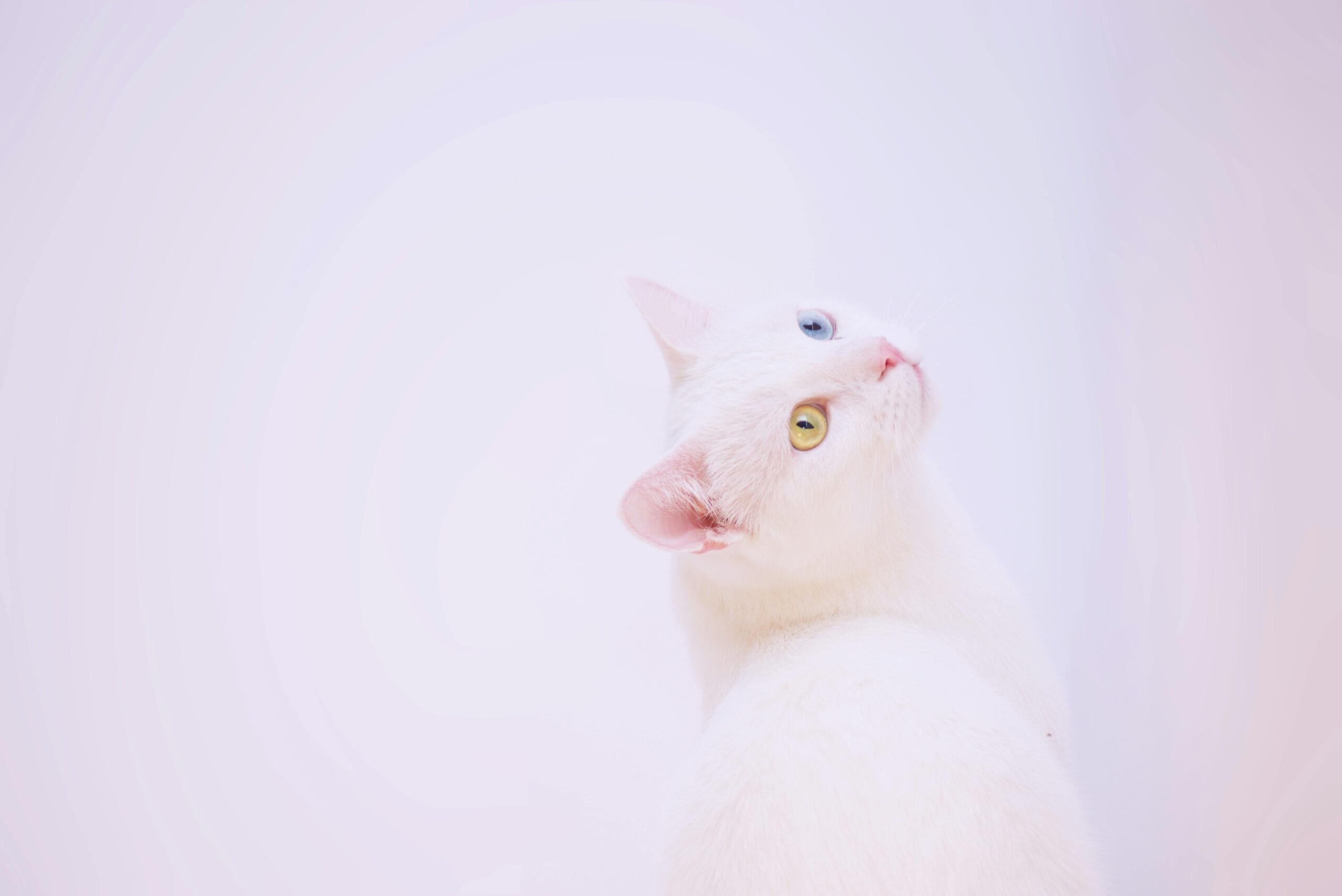Can You Feed A Kitten Adult Cat Food? Discover key differences between Kitten Food vs Adult Cat Food. Learn the best way to feed kittens for healthy growth. Find expert advice on proper kitten nutrition now!
Can You Feed A Kitten Adult Cat Food? A Comprehensive Guide
The question, “Can You Feed A Kitten Adult Cat Food?” is a common one among new cat owners. The short answer is: no, you shouldn’t exclusively feed a kitten adult cat food. While it might seem like a simple cost-saving measure, doing so can have serious consequences for your kitten’s health and development. This article will delve into the crucial differences between Kitten Food vs Adult Cat Food, explaining why feeding your kitten the right food is paramount. We’ll explore the nutritional needs of growing kittens, the potential risks of feeding them adult food, and offer guidance on proper Feeding Kittens.
Understanding the Nutritional Needs of Kittens
Kittens are in a period of rapid growth and development, requiring a diet significantly different from that of an adult cat. Their bodies need a higher concentration of essential nutrients to support this growth. Adult cat food, while formulated to maintain an adult cat’s health, simply doesn’t provide the necessary levels of protein, fat, and key vitamins and minerals for a developing kitten.
Specifically, kittens require higher levels of protein for muscle development and energy. They also need more calories to fuel their constant play and growth. Deficiencies in these key nutrients can lead to stunted growth, weakened immune systems, and long-term health problems. Imagine trying to build a house with subpar materials – the structure would be weak and unstable. Similarly, inadequate nutrition can have lasting effects on your kitten’s health.
Kitten Food vs Adult Cat Food: Key Differences
The most significant difference between kitten and adult cat food lies in their nutritional profiles. Kitten food is formulated with higher levels of:
- Protein: Crucial for muscle growth and development.
- Fat: Provides energy for their high activity levels and supports brain development.
- Calcium and Phosphorus: Essential for strong bones and teeth.
- Taurine: An amino acid vital for heart and eye health.
- Vitamins and Minerals: Support overall growth and development.
Adult cat food, on the other hand, is designed to maintain a cat’s weight and health, not to promote rapid growth. Feeding your kitten adult food can lead to nutritional deficiencies, even if they seem to be eating enough. This can result in a variety of health issues, making the initial cost savings far outweigh the potential veterinary bills later on.
The Dangers of Feeding Kittens Adult Cat Food
While a small amount of adult cat food might not cause immediate harm, long-term feeding of adult cat food can result in several problems:
- Stunted Growth: Lack of essential nutrients can prevent your kitten from reaching its full potential size and weight.
- Weakened Immune System: Nutritional deficiencies can compromise the immune system, making your kitten more susceptible to illness.
- Bone and Joint Problems: Inadequate calcium and phosphorus can lead to weak bones and joint issues later in life.
- Heart and Eye Problems: Insufficient taurine can negatively impact heart and eye health.
- Slowed Cognitive Development: The lack of essential fats can hinder brain development.
These health issues can lead to expensive veterinary care and a lower quality of life for your beloved pet. Preventing these problems begins with providing the proper nutrition from the start. Remember, a healthy kitten leads to a happy and healthy adult cat. Understanding when your kitten transitions to adulthood is also crucial. Learn more about the process by reading our article on when kittens become cats: When Do Kittens Become Cats?
Feeding Kittens: A Practical Guide
Feeding your kitten appropriately involves more than just providing the right food. Here’s a helpful guide:
- Choose high-quality kitten food: Look for brands that specifically state they are formulated for kittens and meet the nutritional requirements established by organizations like the Association of American Feed Control Officials (AAFCO).
- Follow feeding guidelines: The food packaging will provide recommendations based on your kitten’s age and weight. Adjust as needed based on your kitten’s individual needs and activity level.
- Provide fresh water: Always ensure your kitten has access to clean, fresh water.
- Introduce new foods gradually: To avoid digestive upset, introduce new foods gradually, mixing them with their current food over several days.
- Monitor your kitten’s weight and body condition: Adjust food portions as needed to maintain a healthy weight. If you have any concerns, consult your veterinarian.
It’s also important to consider any potential dietary restrictions or allergies your kitten may have. Always consult with your veterinarian if you have any questions or concerns about your kitten’s diet. For example, while you should avoid feeding your kitten adult food, some treats in moderation are fine. However, you’ll want to carefully consider what you’re giving them. Is your kitten getting enough protein? If you’re looking for different protein sources, you might want to check out this article on if kittens can eat beef tendon: Can Kittens Eat Beef Tendon?
Addressing Common Concerns
Many pet owners have questions about specific food choices and potential risks. Let’s address some common concerns:
Can kittens eat human food? Generally, no. Human food often lacks the necessary nutrients for kittens and may contain ingredients that are toxic to them. Stick to kitten food to ensure they’re receiving a balanced diet.
Is Fancy Feast good for kittens? While Fancy Feast is a popular cat food brand, it’s essential to choose a variety specifically formulated for kittens. Read our detailed review on the topic: Is Fancy Feast Good for Kittens?
What about treats? Occasional treats can be given, but they shouldn’t replace a balanced diet of kitten food. Choose kitten-specific treats or small pieces of cooked, plain chicken or fish (in moderation). Never give chocolate, onions, garlic, or grapes.
Remember that your home environment should also be safe for your kitten. Kitten-proofing is essential to prevent accidents and injuries: How to Kitten-Proof Your Home
External Resources for Further Information
For additional information on kitten nutrition and care, consult these reputable resources:
ASPCA Kitten Care Guide: The American Society for the Prevention of Cruelty to Animals offers comprehensive information on kitten care, including nutrition.
PetMD Kitten Nutrition: PetMD provides detailed articles on kitten nutrition and dietary needs.
Addressing Parasites and Medications
Providing the best care for your kitten includes parasite prevention. It’s crucial to protect your kitten from parasites like heartworms. However, be cautious and never attempt to self-medicate. Always consult your veterinarian for appropriate medication and dosages. Never attempt to purchase medications over the counter: Can You Buy Heartworm Medication for Kittens Over the Counter?
Conclusion: Prioritizing Your Kitten’s Health
In conclusion, feeding your kitten adult cat food is not recommended. The nutritional differences are significant, and providing the right food is crucial for their healthy growth and development. By choosing a high-quality kitten food, following feeding guidelines, and staying informed, you’ll be giving your kitten the best possible start in life. Remember, a healthy kitten is a happy kitten!
Share Your Experience!
Have you had any experiences with feeding kittens? Share your tips, tricks, and success stories in the comments below! Let’s create a supportive community for cat owners dedicated to providing the best care for their furry companions. What are your top tips for feeding kittens? What are your experiences with kitten food vs adult cat food? Let’s discuss!

Frequently Asked Questions: Feeding Kittens
- Can You Feed A Kitten Adult Cat Food?
- No, you should not feed a kitten adult cat food. Kitten food contains significantly more calories and nutrients vital for their rapid growth, such as protein and fat. Adult cat food lacks these crucial elements, leading to malnutrition and developmental problems.
- What’s the difference between Kitten Food vs Adult Cat Food?
- Kitten Food vs Adult Cat Food: The primary difference lies in the nutrient density. Kitten food has higher levels of protein, fat, and calories to support rapid growth. Adult cat food is formulated for the lower energy requirements of a mature cat and has a different nutrient balance.
- My kitten won’t eat kitten food, can I give it adult food instead?
- No, while tempting, giving adult food will lead to nutritional deficiencies. Try different kitten food brands or flavors to find one your kitten prefers. Consult your vet if the issue persists. Feeding Kittens the correct food is paramount.
- Can a few meals of adult cat food harm a kitten?
- While a few accidental meals might not cause immediate harm, regularly feeding adult cat food will lead to nutritional deficiencies and stunted growth. It’s crucial to stick to kitten food for optimal development.
- Is it okay to mix kitten and adult cat food?
- It’s generally not recommended. The nutritional imbalance could hinder the kitten’s growth. Stick to kitten food until they reach adulthood. Focus on Feeding Kittens the right food.
- My adult cat eats kitten food, is it harmful?
- While it won’t cause direct harm (except possibly weight gain), adult cats don’t need the extra calories and nutrients in kitten food. It’s more economical and appropriate to feed your adult cat adult cat food.
- When can I switch my kitten to adult cat food?
- Typically, kittens can transition to adult cat food around 1 year of age, but this depends on the breed and size. Consult your vet for guidance on the best time to make the switch based on your kitten’s individual needs.
- What are the signs of malnutrition in a kitten fed adult cat food?
- Signs include stunted growth, weak bones, dull coat, lethargy, weight loss, and a weakened immune system. If you notice these, consult your vet immediately.
- Can You Feed A Kitten Adult Cat Food if it’s a larger breed?
- Even larger breeds need the higher nutrient content of kitten food during their growth phase. The need for extra calories and nutrients is still crucial for proper development, even if the kitten is bigger than average. Feeding Kittens appropriately is vital.
- My kitten is picky. Can I supplement adult cat food with vitamins?
- No, do not supplement adult cat food with vitamins. This doesn’t replace the crucial nutrients missing in adult cat food. Try different kitten foods and work with your vet to address the pickiness issue.

Can You Feed a Kitten Adult Cat Food?
No, you should generally avoid feeding kittens adult cat food. Kitten food is specially formulated to meet the higher nutritional needs of rapidly growing kittens. Adult cat food lacks the necessary levels of protein, fat, and essential nutrients crucial for a kitten’s healthy development. Feeding a kitten adult food can lead to malnutrition and hinder their growth. Think of it like trying to fuel a race car with regular unleaded – it might run, but it won’t perform optimally. A kitten’s body needs the right fuel to support its explosive growth and development during its crucial first year.
Kittens need a diet rich in calories and nutrients to support their rapid growth. Adult cat food, while perfectly fine for adult cats, often lacks the essential building blocks kittens need. This can lead to problems such as stunted growth, weakened immune systems, and long-term health issues. For more information on when your kitten graduates from kittenhood to adulthood, check out this helpful guide: When do kittens become cats?
Choosing the right food is important. Some adult cat foods might seem appealing, but they often lack the concentrated nutrients needed for a kitten’s development. While you might be tempted to try something like Fancy Feast, it’s crucial to remember that it’s not necessarily the best choice for a growing kitten. Learn more about suitable options with this article: Is Fancy Feast good for kittens? Remember, always consult your veterinarian to determine the best food for your kitten’s specific needs.
Even seemingly healthy adult foods can be problematic. For instance, while beef tendon might seem like a good protein source, it’s important to research whether it’s suitable for kittens. You can explore more on specific food choices here: Can kittens eat beef tendon? Prioritizing their health with the proper nutrition is key.
Focusing on providing the right nutrition is just one aspect of kitten care. Ensuring a safe environment is equally important. Before bringing your new furry friend home, it’s crucial to kitten-proof your home to prevent accidents and injuries. You can learn how to effectively kitten-proof your home by reading this article: How to kitten-proof your home
Finally, remember that responsible pet ownership extends beyond nutrition. Preventing parasites is a vital part of kitten health. While you can’t buy heartworm medication over the counter for kittens, it is important to consult your veterinarian about preventative care. Learn more about preventative measures here: Can you buy heartworm medication for kittens over the counter? Your vet can advise on the best course of action to keep your kitten healthy and happy.
In short, while seemingly convenient, feeding a kitten adult cat food isn’t advisable. Always opt for kitten food specifically designed to meet their unique nutritional requirements. This will ensure healthy growth and a long, happy life for your feline friend.

Can You Feed A Kitten Adult Cat Food, Kitten Food vs Adult Cat Food, Feeding Kittens